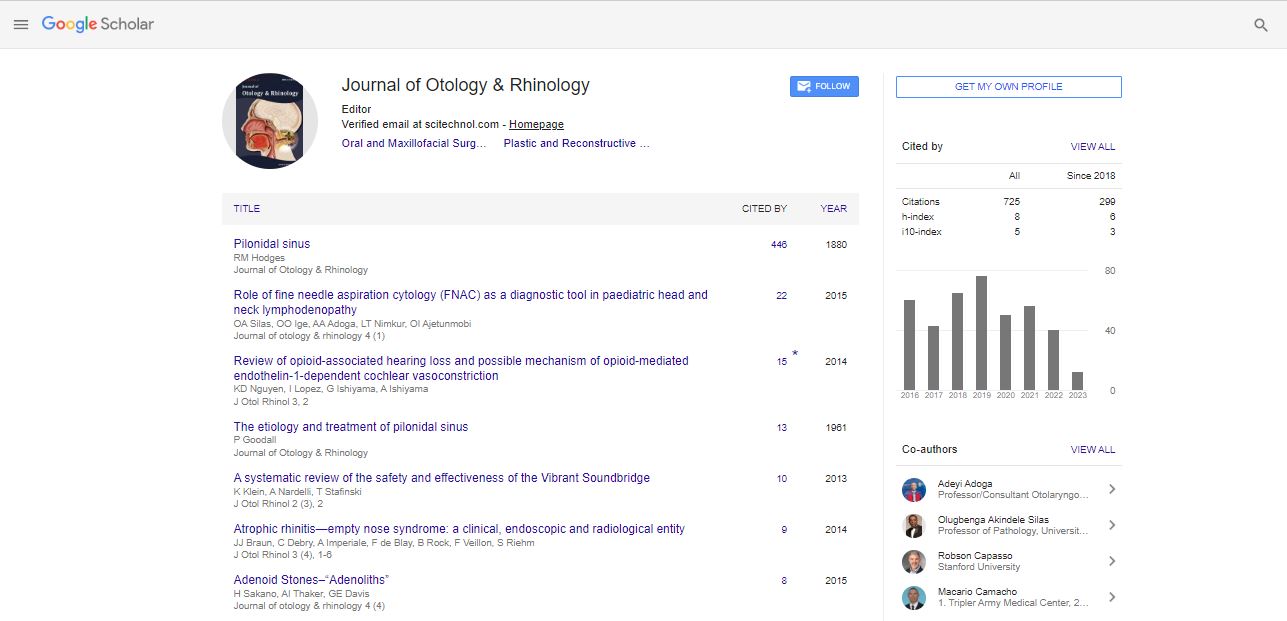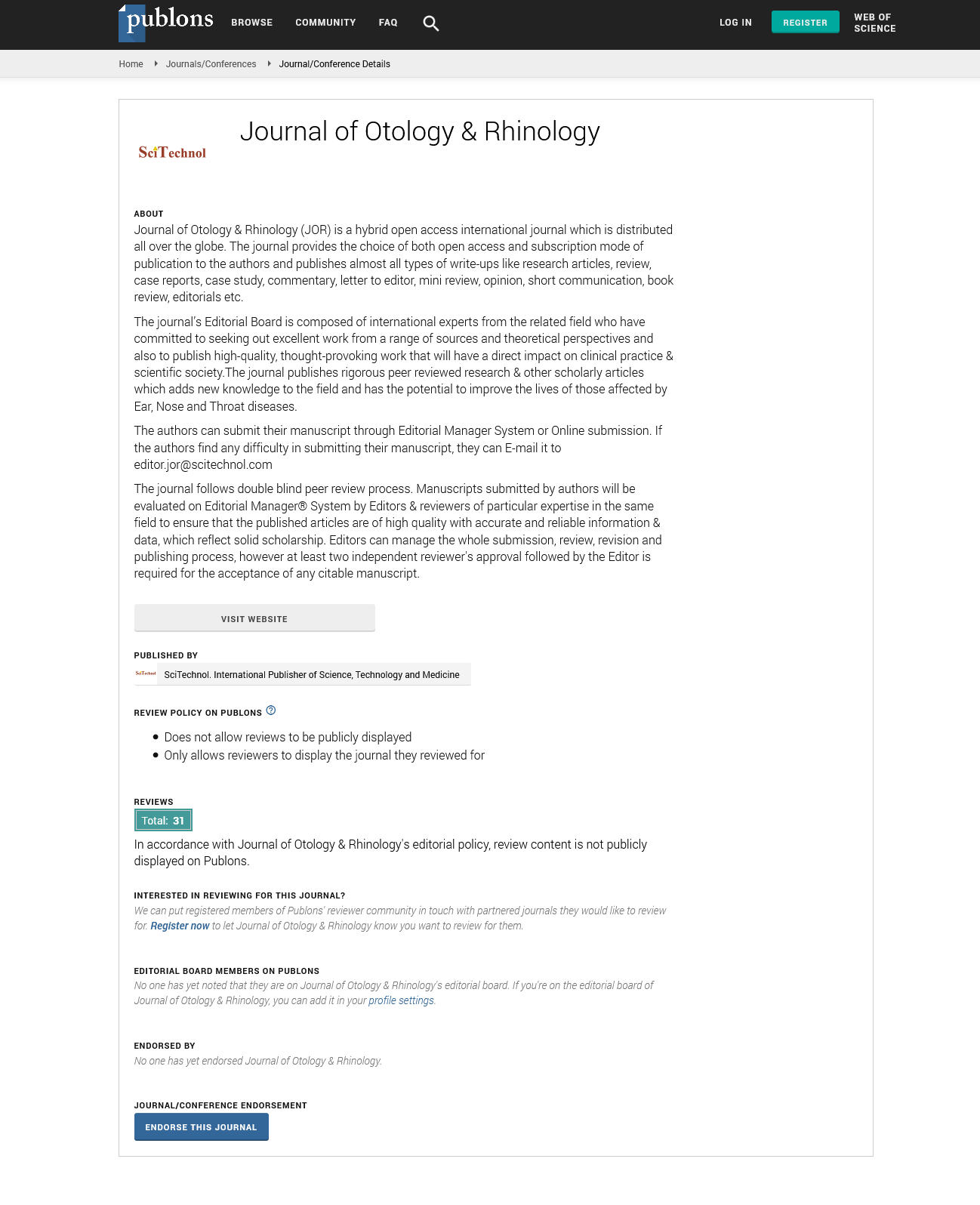Snoring in childhood
Dilyana Vicheva
Medical University Plovdiv, Bulgaria
:
Abstract
Aim: Aim of this study was to investigate the occurrence of snoring in a general population sample of children and to evaluate the association with anthropometric data and clinical findings of oropharynx and nasal airways. Although snoring often is regarded as a secondary phenomenon, it may indicate the presence of sleep apnea or a lesser form of sleep-disordered breathing. Materials & Methods: A cross-sectional study was conducted with children. The total sample of the survey included 38 school children. A total of 22 children who were ages 8 to 16 years were selected (response rate: 90.1%) according to their snoring frequency during sleep: never, only with colds, occasionally apart from with colds, often. The body mass index (BMI; weight/ height2) was calculated and divided using standardized percentile curves in four classes. The nose was examined to evaluate the presence of nasal obstruction or the presence of septal deviation. The size of the tonsils was estimated by examination of the throat and scored on a 4-point scale. Results: The prevalence of habitual snorers was 4.9%. Habitual snoring was strongly associated with decreased nasal patency (rhinitis; septal deviation; nasal obstruction). Children who had undergone adenoidectomy or had markedly enlarged tonsils were at greater risk of being habitual snorers. Discussions: Our study demonstrated that the main predictors of snoring in childhood are increased body weight, a decreased nasal patency (rhinitis, septal deviation, nasal obstruction), and clinical conditions that could narrow the pharyngeal airway (tonsils hypertrophy, adenoidectomy without tonsillectomy). Children with snoring had significantly higher odds of elevated problem scores in the following domains: hyperactive, emotional lability, oppositional, aggressive and social problems.
Biography
Dilyana Vicheva is the President of the Bulgarian Rhinologic Society. She is an Associate Professor in Department of Otolaryngology, Medical University of Plovdiv, Bulgaria. She has been actively involved in many scientific conferences on Otolaryngology.
Email: dilyanav@yahoo.com
 Spanish
Spanish  Chinese
Chinese  Russian
Russian  German
German  French
French  Japanese
Japanese  Portuguese
Portuguese  Hindi
Hindi 


